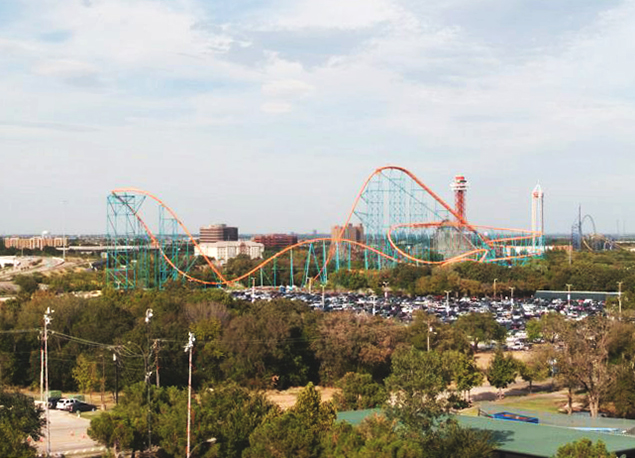A Study Says Arlington Is One Of The Most Racist and Sexist Cities In America.
Texas has plenty going for it. Low taxes and a booming economy, for instance, have been increasingly motivating companies like Toyota to move their operations to Texas. Add in factors like low housing costs and the lack of state income tax, and it’s no wonder why the state is one of the fastest growing in the country, with Texas home to five of the 15 fastest growing cities in the country.
But money and jobs aren’t everything. Tolerance and basic decency go along way, too. And, unfortunately, Texas has some issues there. Back in February, national apartment locator service ABODO, used the origin cities of derogatory Tweets as a barometer of a city’s overall intolerance levels* and found Arlington, Texas, to be one of the most racist and sexist cities in America — or at least on the American internet. While Texas boasts the third highest instances of derogatory tweets overall with a full 925 out of every 100,000 tweets from the state containing prejudiced language, Arlington (and to a slightly lesser extent the also-troubling Garland) is the state’s biggest culprit.
How bad is it? For every 100,00 tweets from Arlington, 56 contained derogatory language against blacks, 13 knocked Latinos, 2,252 slammed women (1,253 of which did not include the word “bitch”) and 161 included homophobic slurs.
Yikes!

See Also: Ranked. // Which Of Dallas’ Suburbs Is Most Embarrassing?
C’mon, Arlington. We expect more from a city that’s about to be home to two separate billion-dollar stadiums, even if you’re lacking in basically every other area.
*For those curious, here’s their methodology: “We scraped Twitter for tweets in the United States from June 2014 to December 2015 containing at least one of 154 keywords. These keywords included both derogatory slurs as well as neutral language used to describe various groups: black people, Asian people, Hispanic/Latino people, Arab and Muslim people, Indians, Native Americans, white people, women, men, gays and lesbians, transgender people, the disabled, the overweight, little people, and evangelical Christians. The resulting corpus included approximately 12 million tweets and their associated locations. To avoid drawing conclusions from very small sample sizes, our analysis of patterns in selected categories of search terms omitted states with fewer than 30 uses of a given term over the time period studied.”

